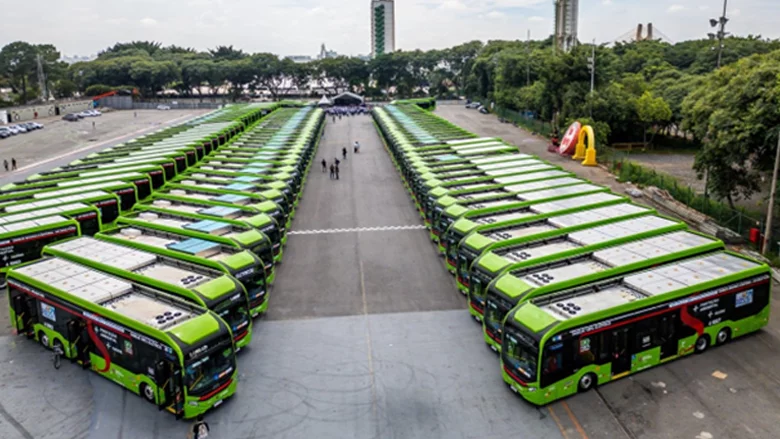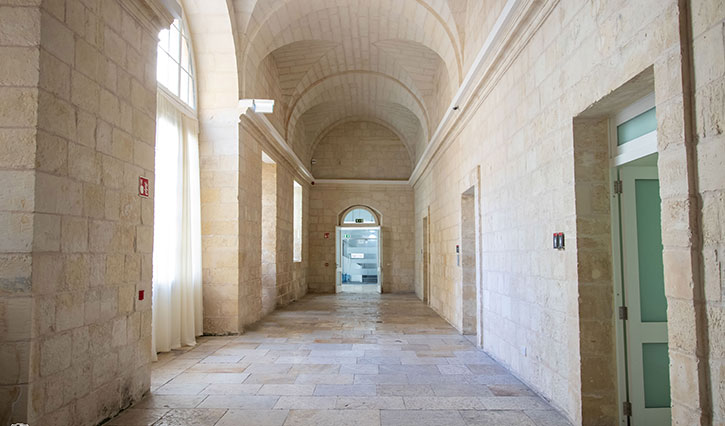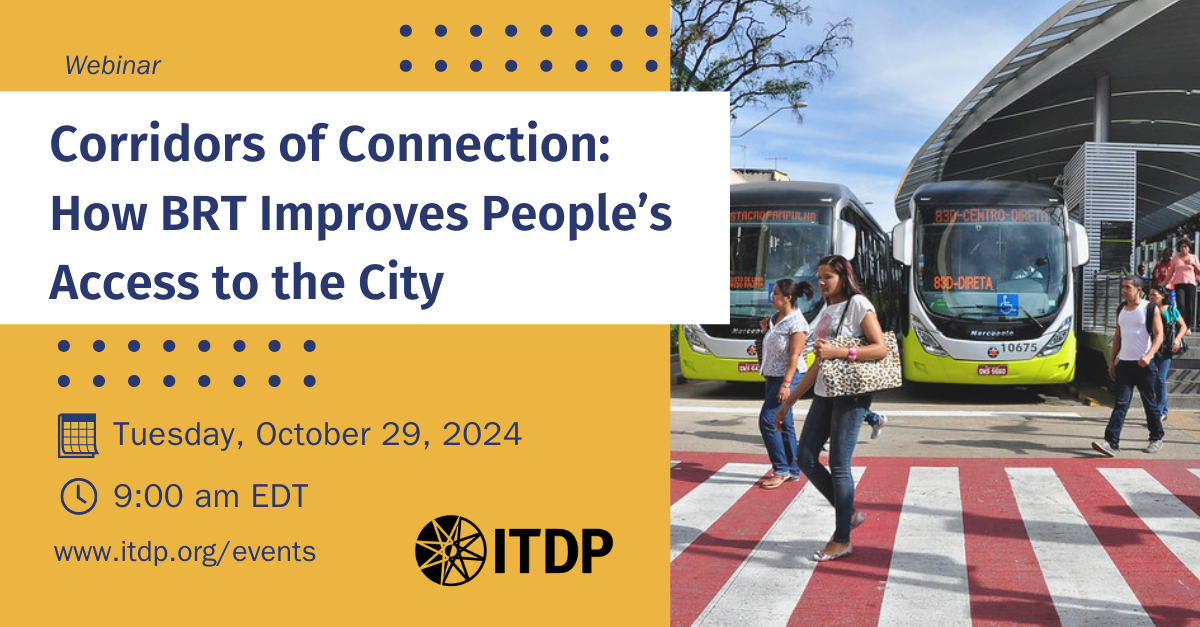To begin 2019, the German agency GIZ notified Lake that she had been nominated as one of the Remarkable Women in the field of transport initiative that is being driven by the Transformative Urban Mobility Initiative (TUMI). This recognition is bestowed as part of a series of publication to encourage and increase the participation of women in the transport sector.
TUMI was initiated by the German Federal Ministry of Economic Cooperation and Development, gathering Giz and 10 other partners from the public and private sectors to empower leaders in developing countries and emerging economies to create sustainable urban mobility. The initiative supports activities in the field of sustainable urban mobility towards accessible transport systems for economic growth and prosperity, better social inclusion for urban dwellers, healthier and cleaner cities as liveable places and mitigating transport-related greenhouse gas emissions.
We congratulate Lake for her enthusiasm and passion for sustainable mobility and social issues. Her achievements are tremendous proof that she is a Remarkable Woman.
Dr Lake Sagaris, CL
Associate Adjunct Professor of Transport Engineering, Pontificia Universidad Católica de Chile
Researcher, Centre for Sustainable Urban Development (CEDEUS) and BRT+Centre for Excellence in Bus Rapid Transit

Dr Sagaris is an internationally recognised expert in cycle-inclusive urban planning, civil society development and participatory planning theory and practice.
Born in Canada and working as a freelance journalist, after learning urbanism as an active citizen in post-Pinochet Chile, Dr Sagaris earned a Master of Science (2006) and a PhD (University of Toronto, 2012) in urban and regional planning. She directs the Laboratory for Social Change, a community-university participatory action research initiative and teaches several innovative planning courses, including one of the first university-level courses on cycle-inclusion, civil society and governance.
She uses participatory action research methods to develop citizen-government collaborations for advancing sustainable transport, with a strong focus on social justice, inclusion and resilience. She is particularly interested in walk-bike-bus combinations that can address gender and other social needs. She also served on the founding board of the World Cycling Alliance (2015-2017), as one of two Latin American representatives, and remains an active member and collaborator as part of Muévete, Chile’s national citizen organization for cycling and sustainable transport.





